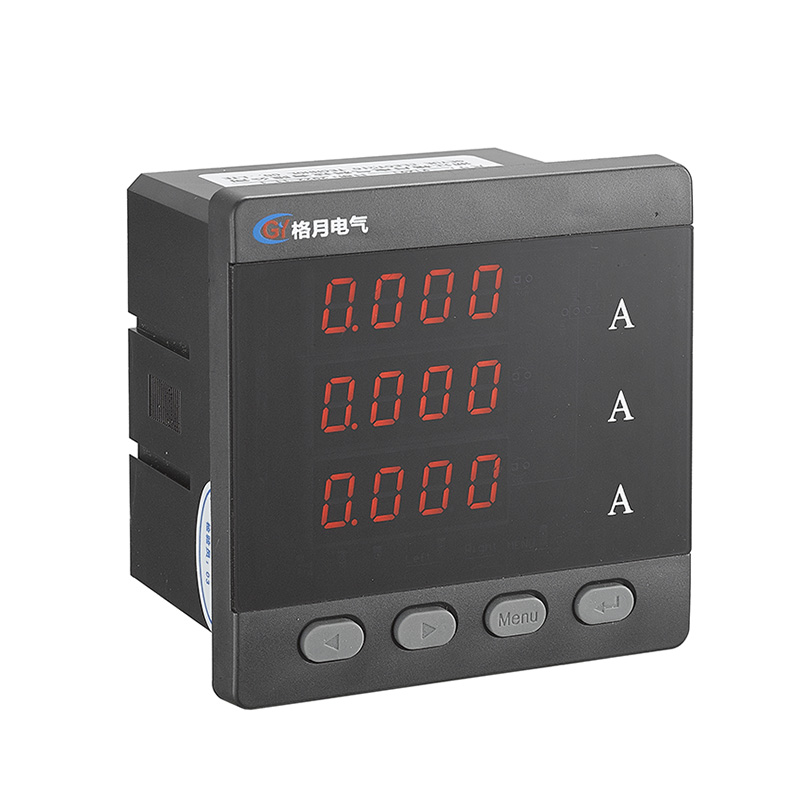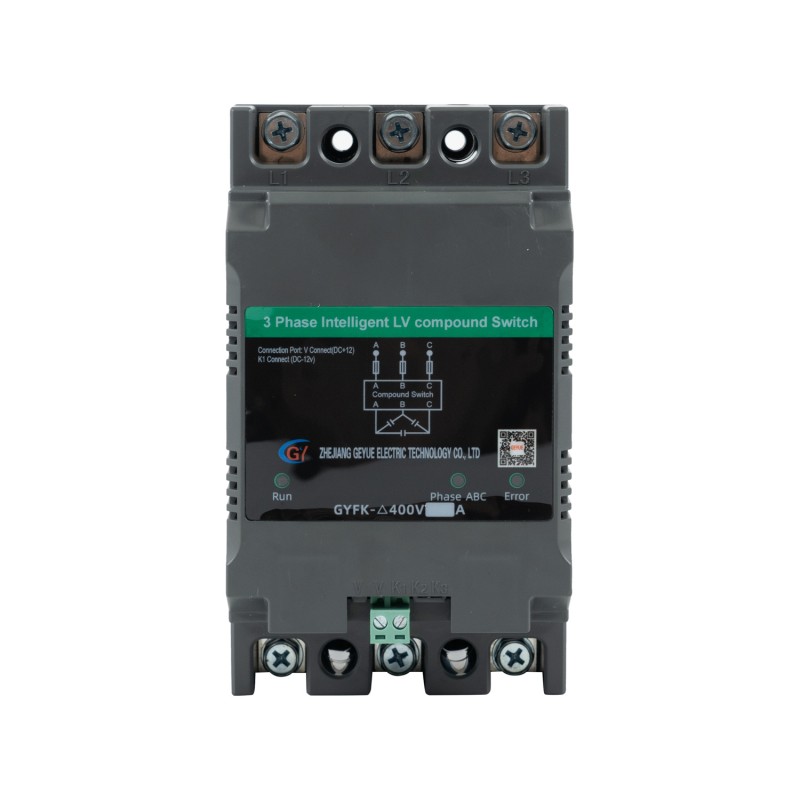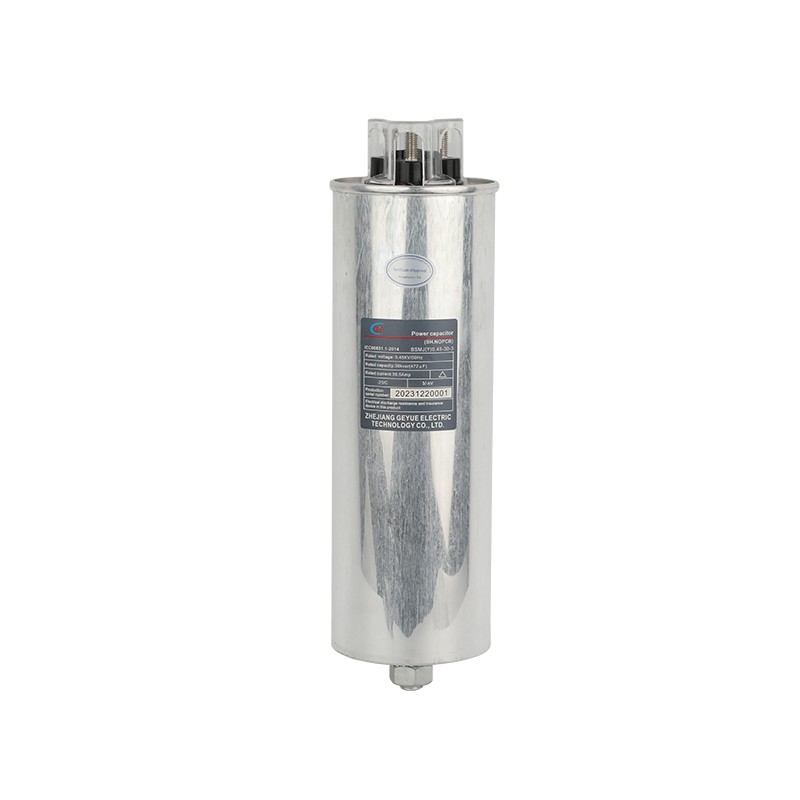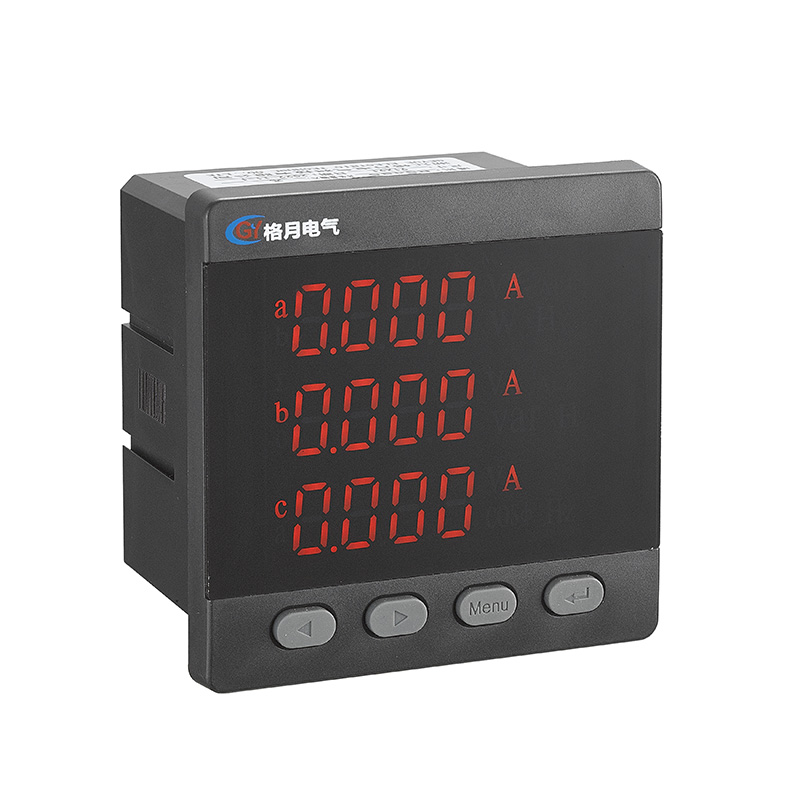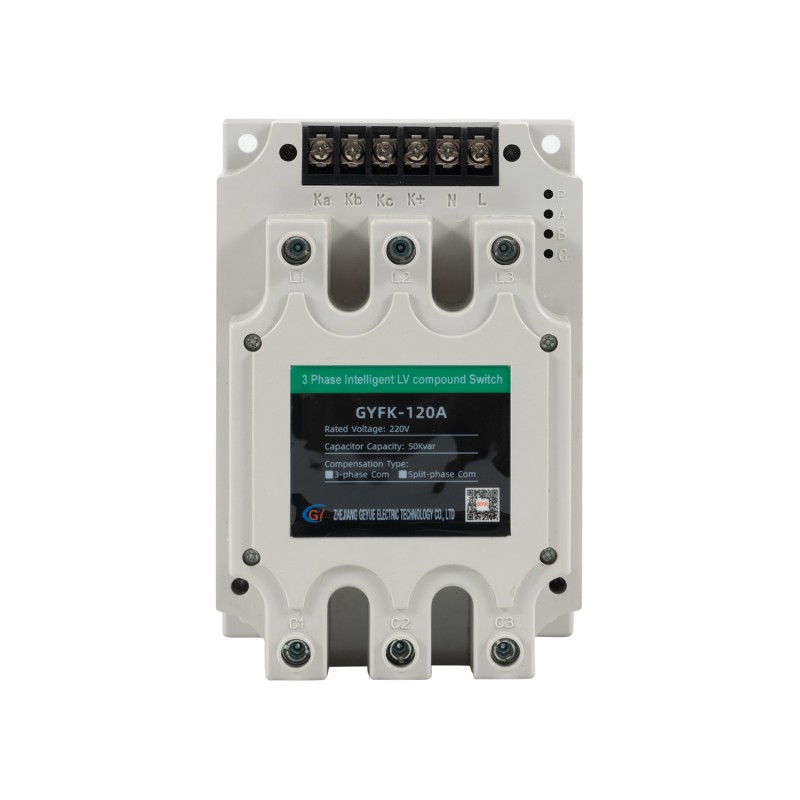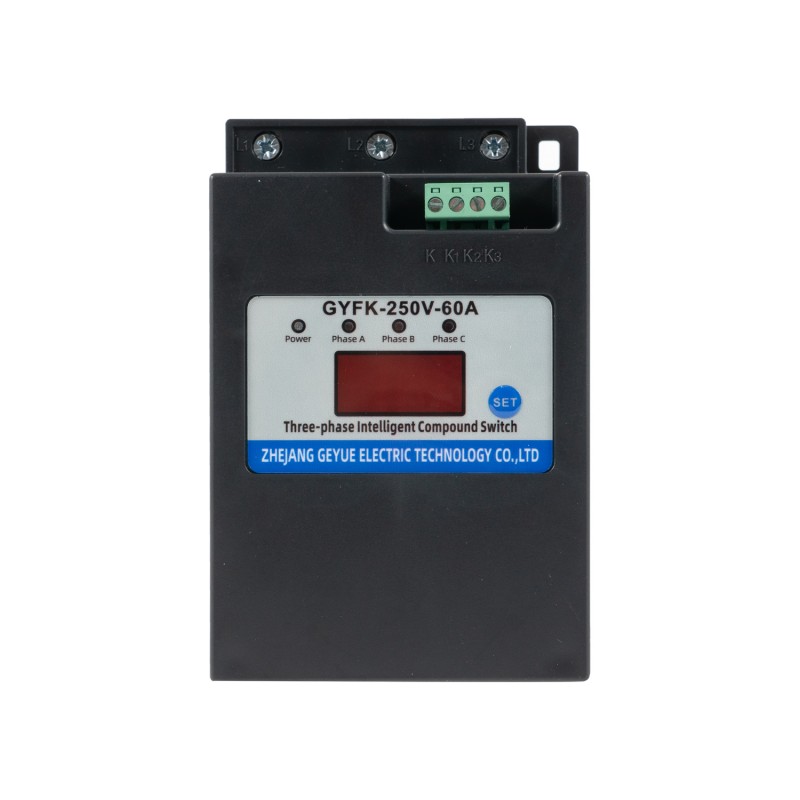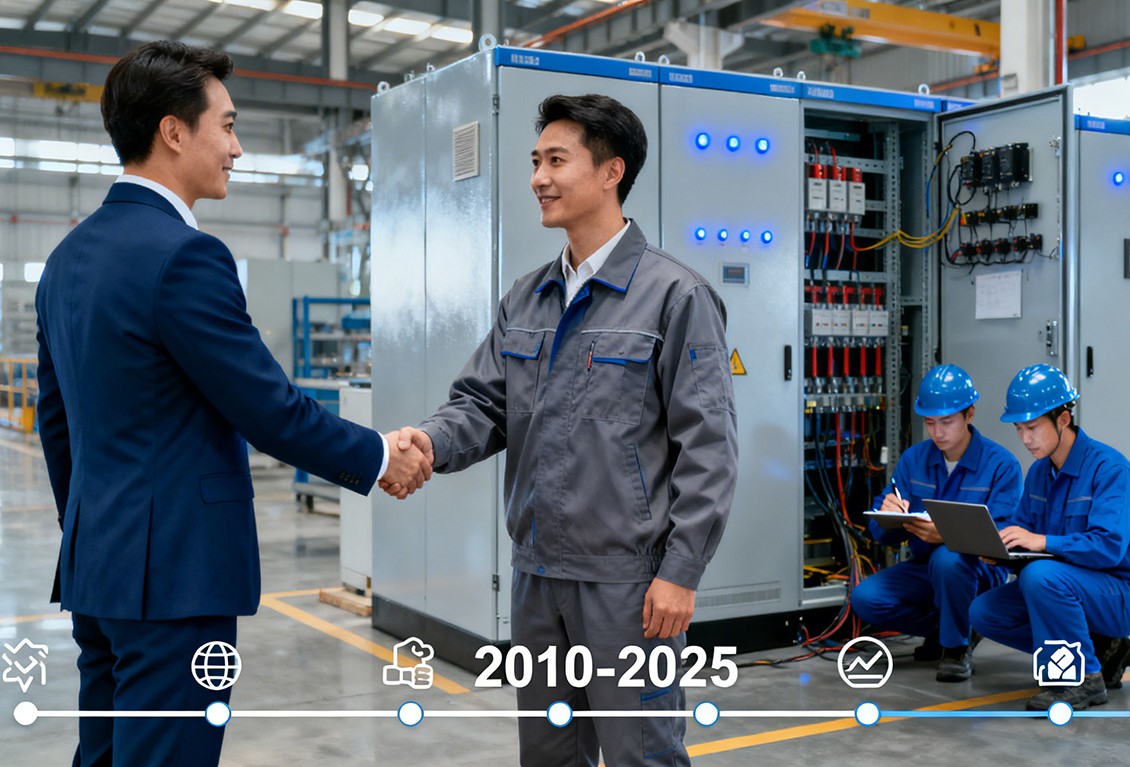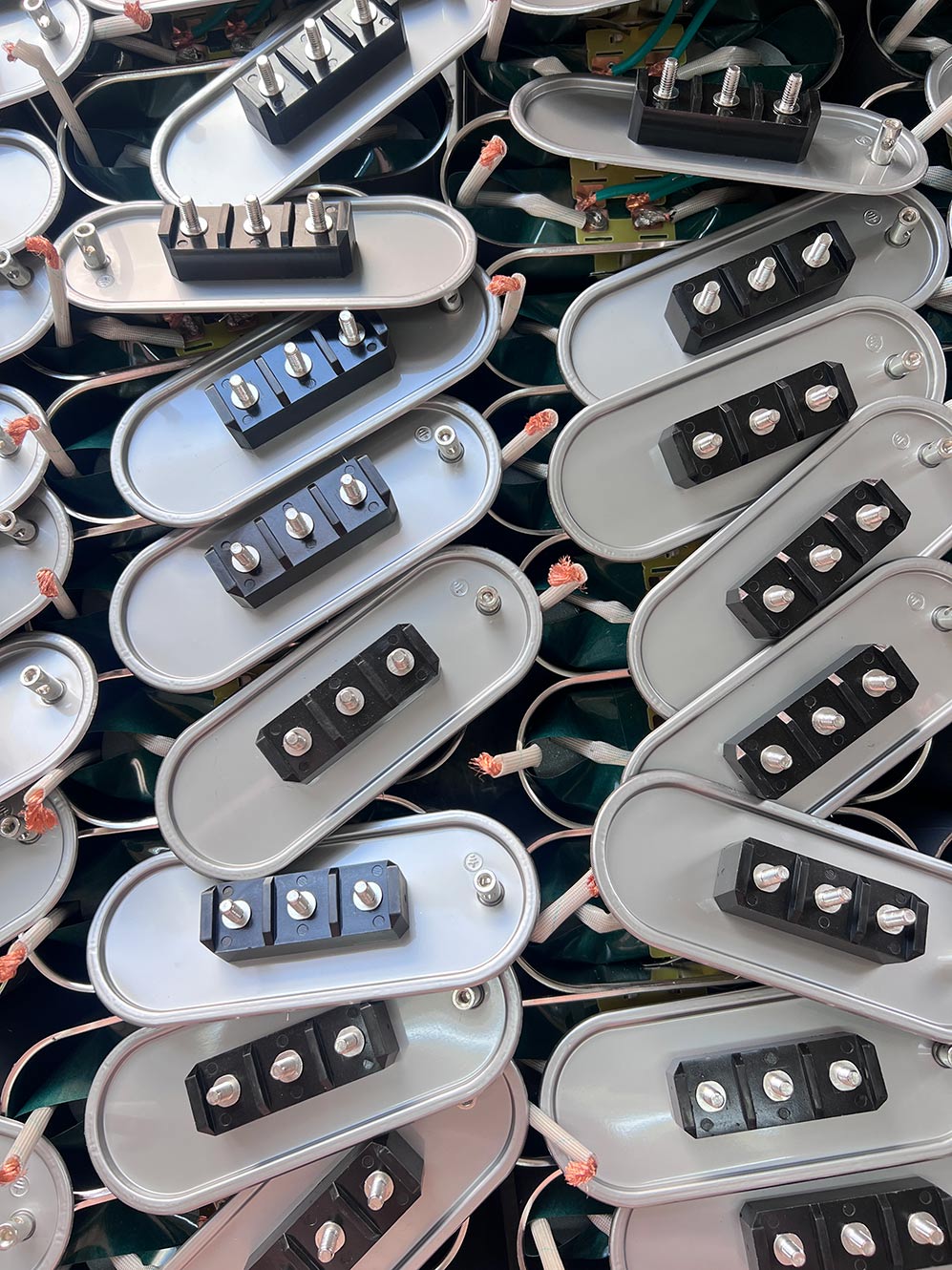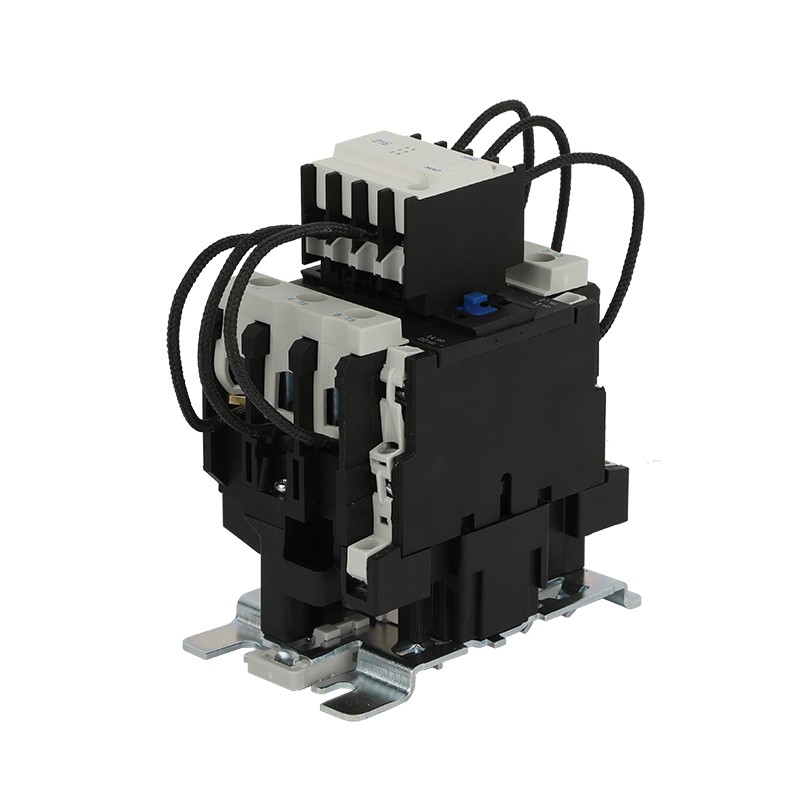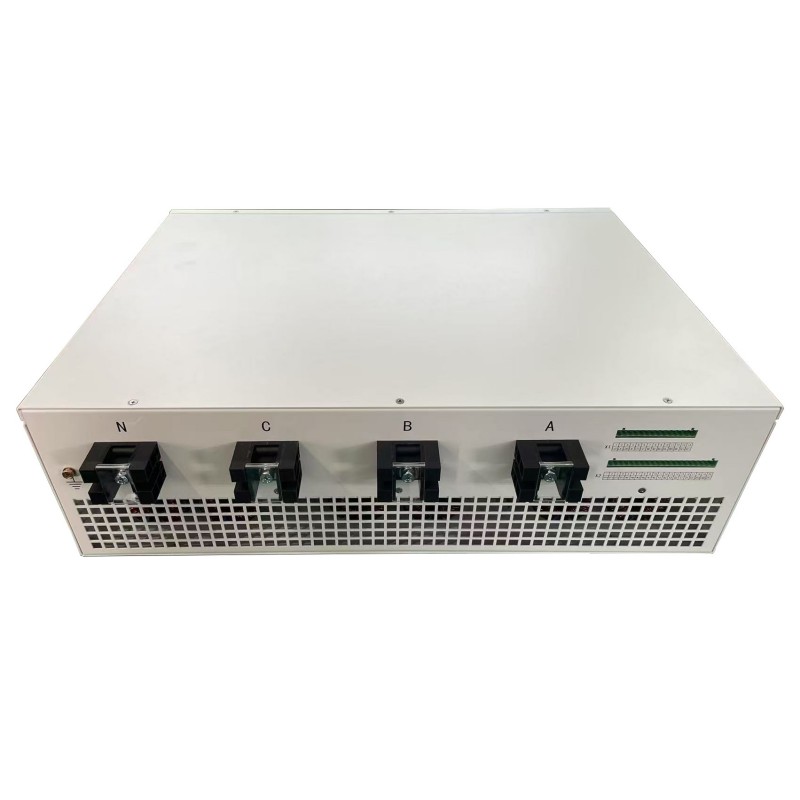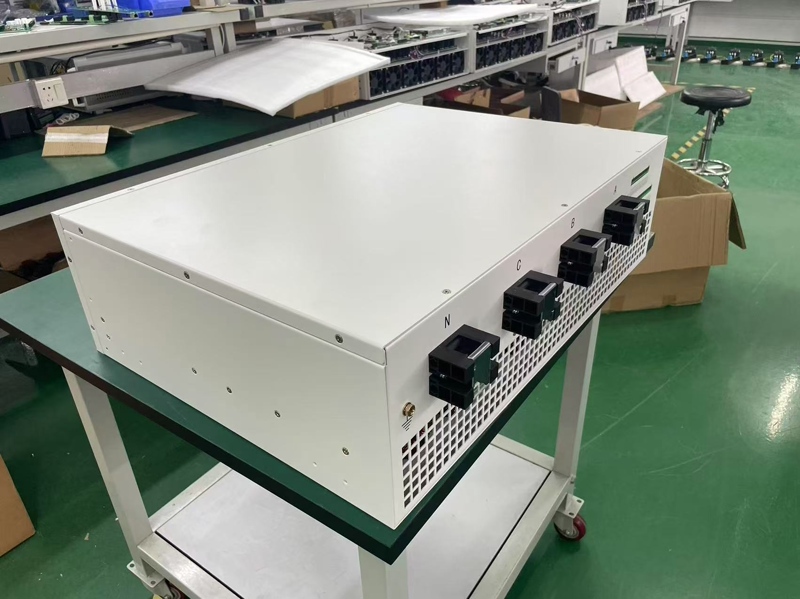How Is AI Transforming Reactive Power Compensation Systems?
Against the backdrop of the rapid development of industrial automation, smart grids and new energy technologies, the role of low-voltage reactive power compensation systems in intelligent power optimization and energy efficiency management will become increasingly crucial. The successful introduction of artificial intelligence technology is bringing about an unprecedented revolutionary change to the field of low-voltage reactive power compensation. This article will explore how AI technology can fully empower low-voltage reactive power compensation systems, further enhancing the intelligence and reliability of low-voltage reactive power compensation.
Intelligent Prediction and Dynamic Compensation
Traditional reactive power compensation systems usually rely on fixed parameters or simple logic for switching control. Therefore, how to handle scenarios with rapid load changes freely has always been an unsolved problem in the field of traditional reactive power compensation. But what if there is an added bonus of AI technology in the system? The problem will be easily solved: AI will predict the rapid change trend of the load by analyzing the historical electricity consumption data in the system and dynamically adjust the compensation strategy of the reactive power compensation system in advance based on the prediction results. The low-voltage reactive power compensation system equipped with AI will eventually achieve more precise reactive power regulation and greatly reduce the fault phenomena of over-compensation or under-compensation.
Pre-Diagnosis of Potential Faults
Since the "Internet of Things" was officially launched in 2005 and people truly entered the era of "Internet of Everything", Internet of Things (IoT) technology has consistently ranked first among the top ten technologies that are changing the world. In the field of low-voltage reactive power compensation, the dual approach of AI and Internet of Things (IoT) technology has created more possibilities for the high safety and long-term sustainability of reactive power compensation. The specific operation is as follows: AI can be combined with Internet of Things (IoT) technology to monitor in real time the operating status of key components such as automatic reactive power compensation controllers (APFCs) , self-healing shunt capacitors, series reactors, compound switches and AC contactors in low-voltage reactive power compensation systems. Through pattern recognition and anomaly detection algorithms, the low-voltage reactive power compensation system can detect potential faults in advance (such as capacitor bulging/leaking, contact ablation/adhesion, reactor overheating, aging of AC contactors, etc.) and issue early warnings, reducing the risk of unplanned downtime and extending the service life of equipment.
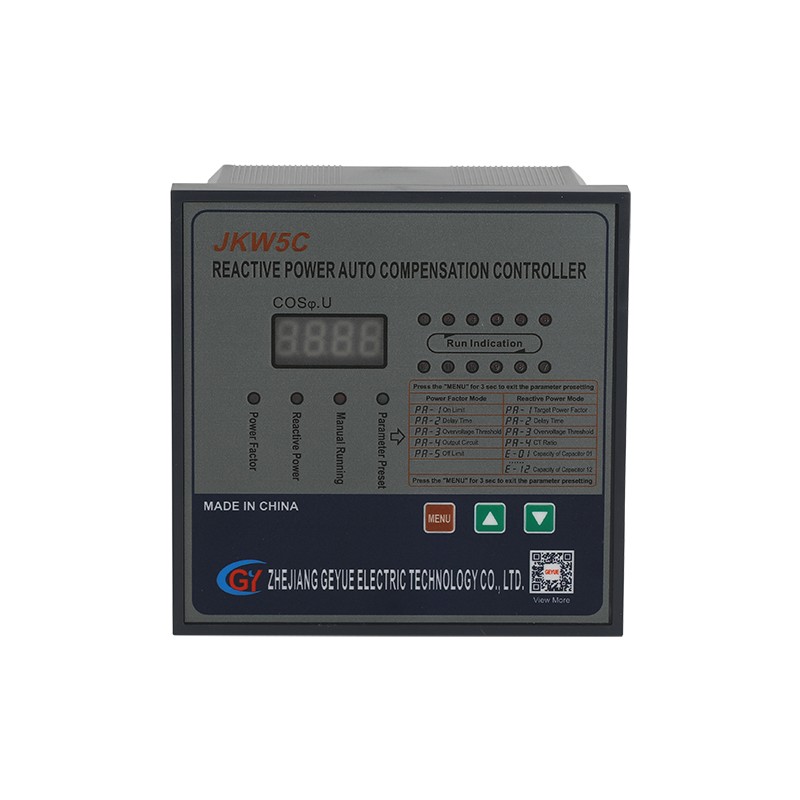
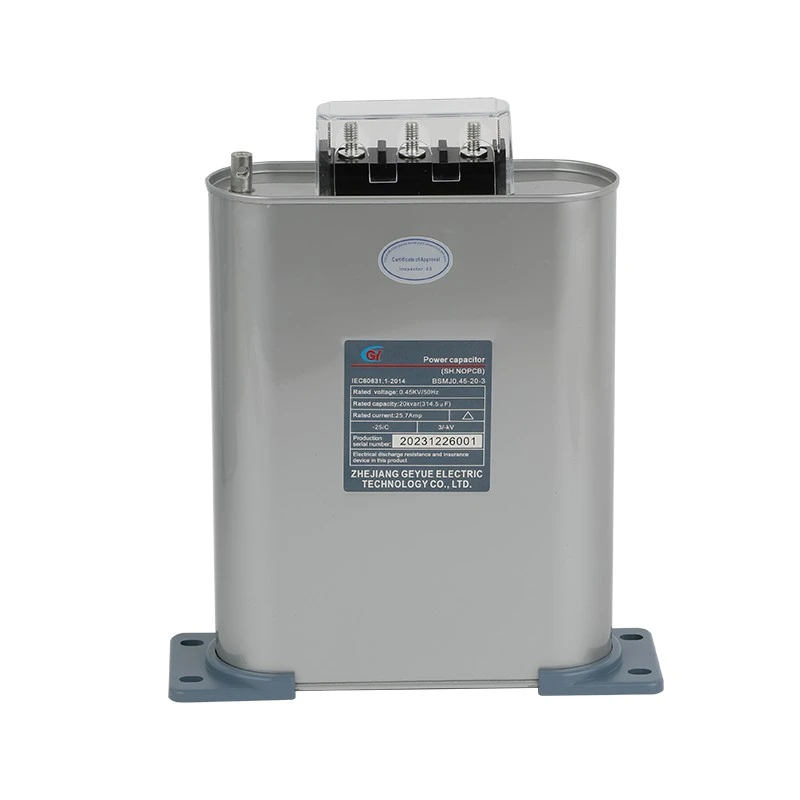
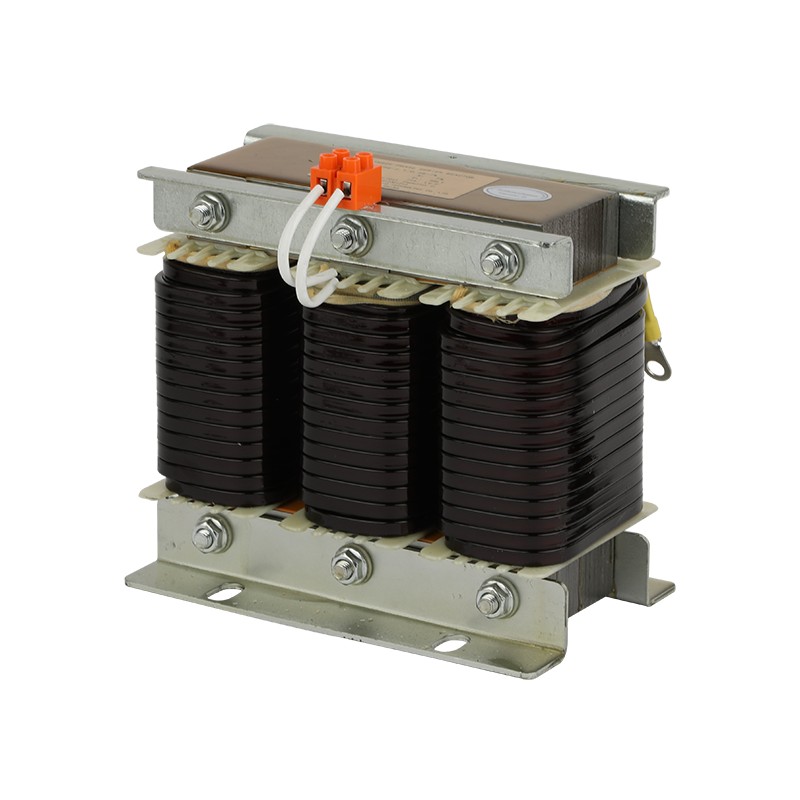
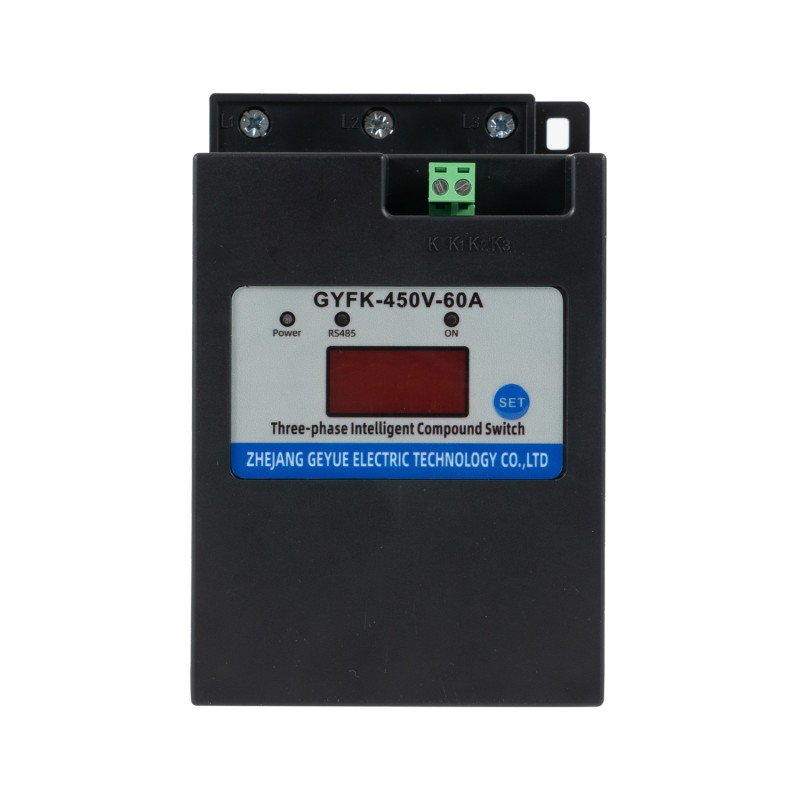
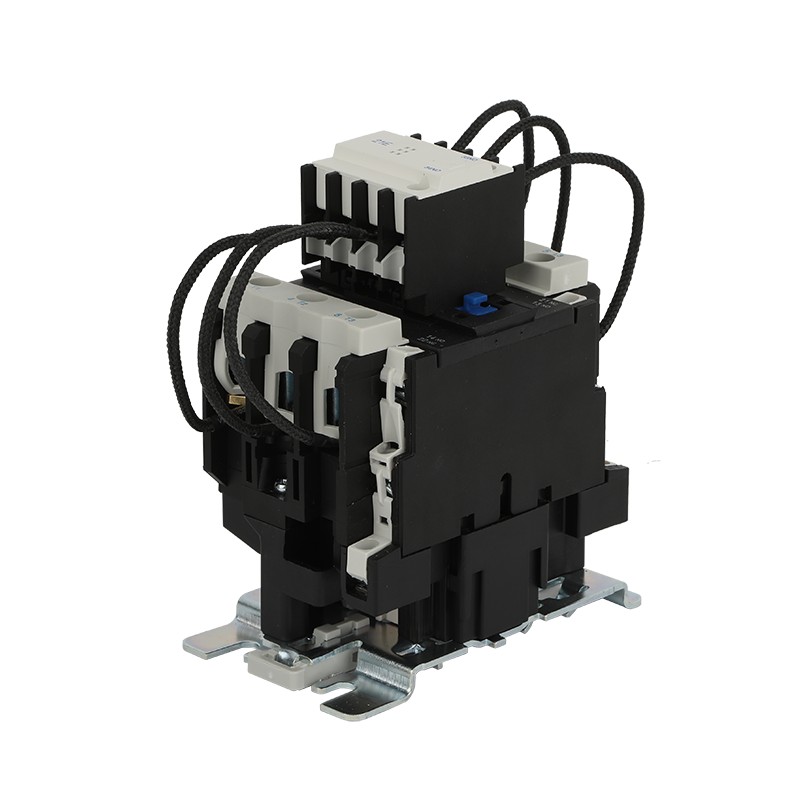
Self-Learning and Self-Adaption
In scenarios where new energy sources are connected to the grid (such as photovoltaic and wind power) and complex industrial loads (such as frequency converters, electric arc furnaces, rolling mills, etc.), dealing with power quality issues, for instance, harmonic pollution, voltage fluctuations, and voltage imbalance in the power grid will become a huge challenge that reactive power compensation systems must face in their operation. At this point, AI-driven adaptive optimization control comes in handy! AI can perform compensation and evaluate the effect through reinforcement learning (RL), continuously adaptively optimize the compensation strategy, shorten the compensation response time, and simultaneously reduce voltage fluctuations and imbalances. AI can predict reactive power demand and harmonic change trends in the future period through the architecture of deep learning models, and adapt to the optimal compensation strategy, which improves the system's anti-interference ability, reduces harmonic pollution at the same time, and saves electricity costs. This self-learning and self-adaptive AI intelligent compensation approach is redefining the new standards for power quality management.
The ingenious combination of artificial intelligence and low-voltage reactive compensation system is a great milestone for the intelligent low-voltage power system to enter a new stage. With the development of popular intelligent technologies, for example, edge computing and digital twins, AI-driven low-voltage reactive compensation system will achieve more efficient autonomous reactive compensation decision-making, becoming a highlight of smart grid and Industry 4.0. As the core of power energy efficiency management, low-voltage reactive compensation system is striding towards a smarter and more reliable future with the help of AI technology. Our company, Geyue Electric, will continue to keep an eye on the latest trends in the power industry, actively promote the innovative application of AI in the field of low-voltage reactive compensation, and provide more efficient, safer and more sustainable low-voltage power solutions for global electricity users. Explore our full range of products on our website at https://www.geyuecapacitor.com/. For any inquiries, please reach out to us at info@gyele.com.cn.
- Can Cylinder Self-healing Shunt Capacitor Become the Ideal Choice for the Smart Grid Era?
- Apart from Saving Electricity Costs, What Value does Low-Voltage Reactive Power Compensation Bring to Enterprises?
- How does the Temperature Dependence of a Capacitor's Capacitance Value affect the Tuning Point of a Detuned Filter Circuit?
- Is There a Non-Invasive Way to Monitor the Internal Health of Power Capacitors, Such as Their Equivalent Series Resistance (ESR)?
- What Is the Concept of "Reactive Power Banking" or "Reactive Power Dispatch" in a Smart Grid Context?
- What Are the Recycling and Disposal Plans for Self-Healing Shunt Capacitors after the End of Their Life Cycle?

